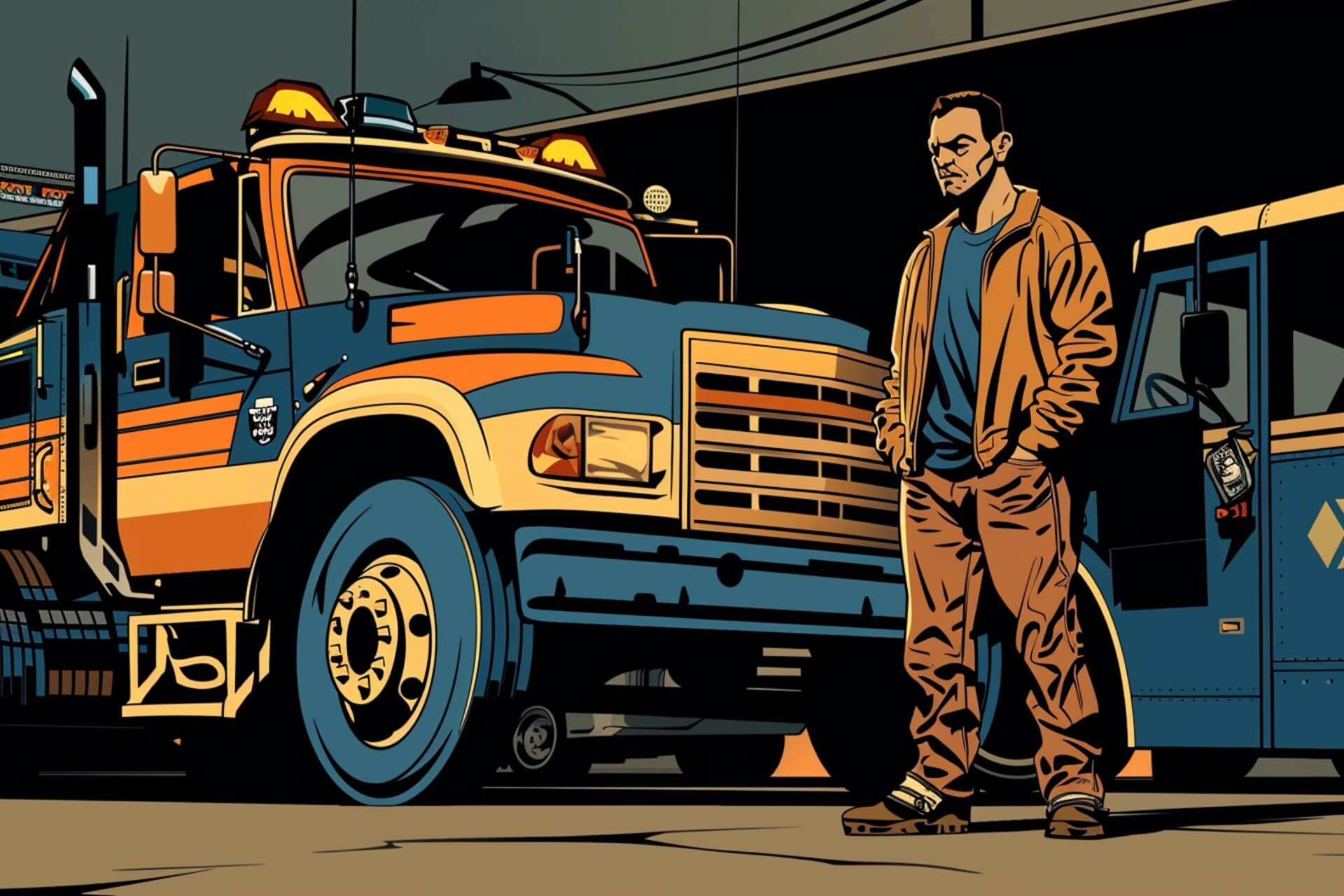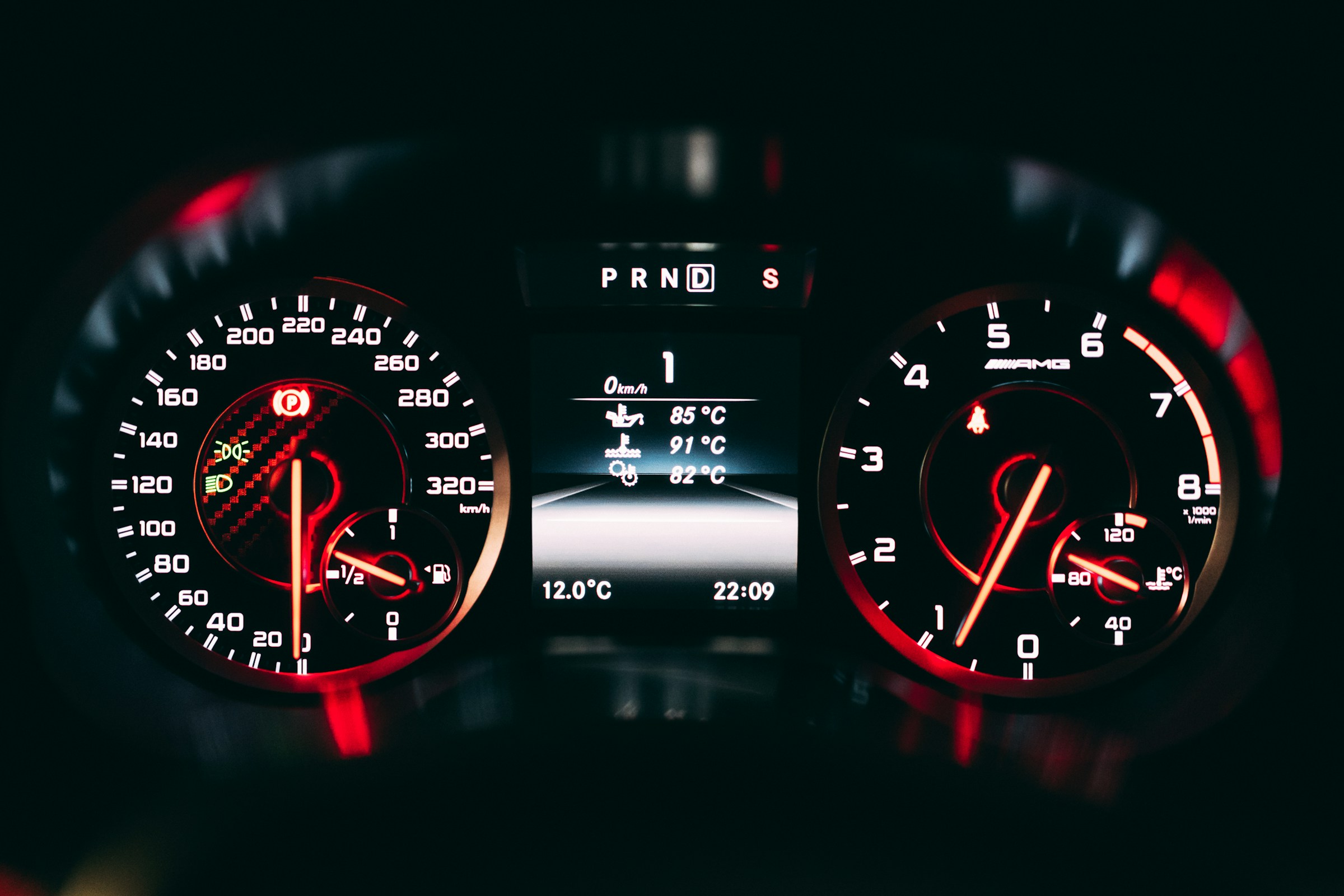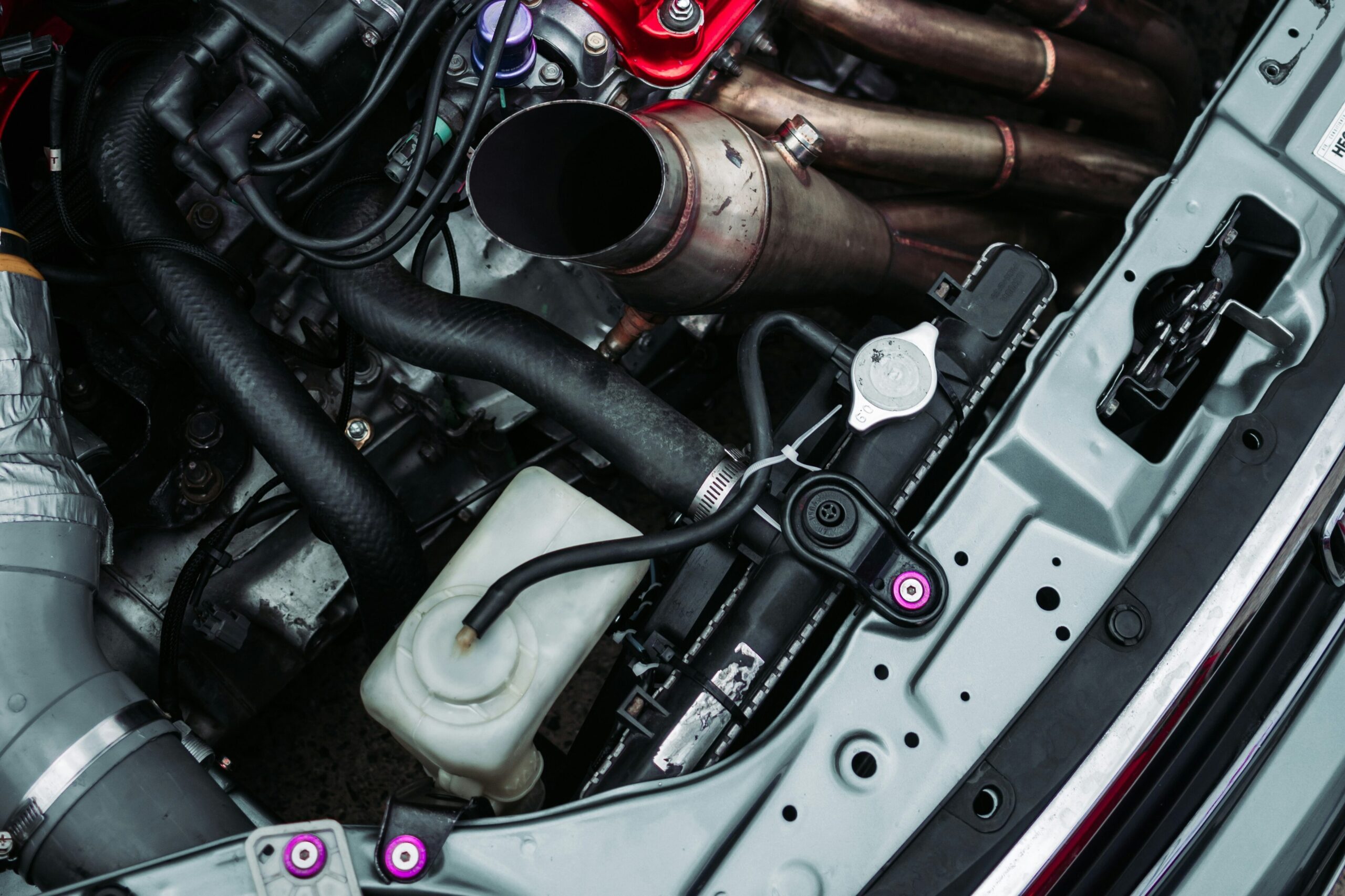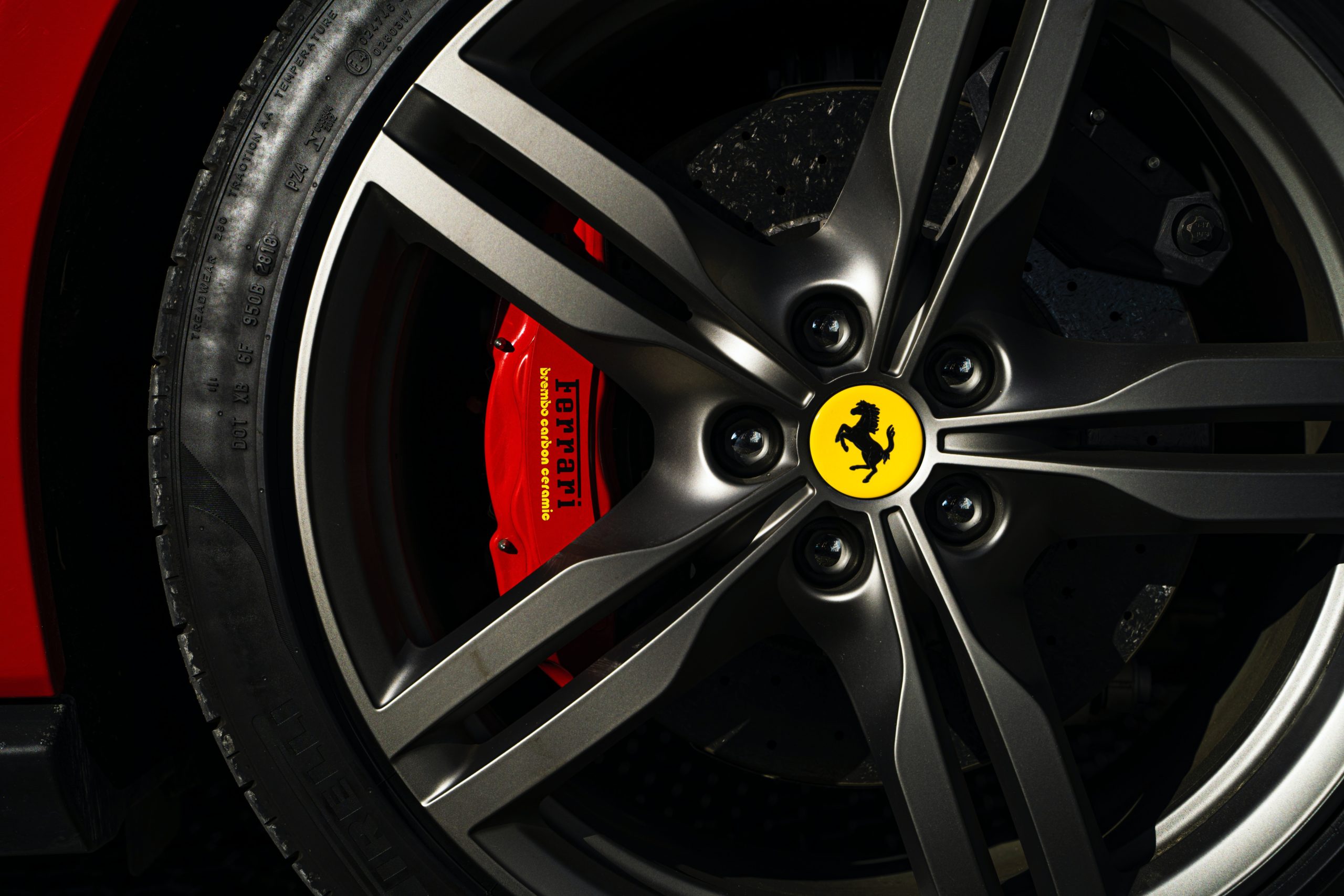The Biggest Car Recalls in History, Updated for 2024
Sep 26, 2023
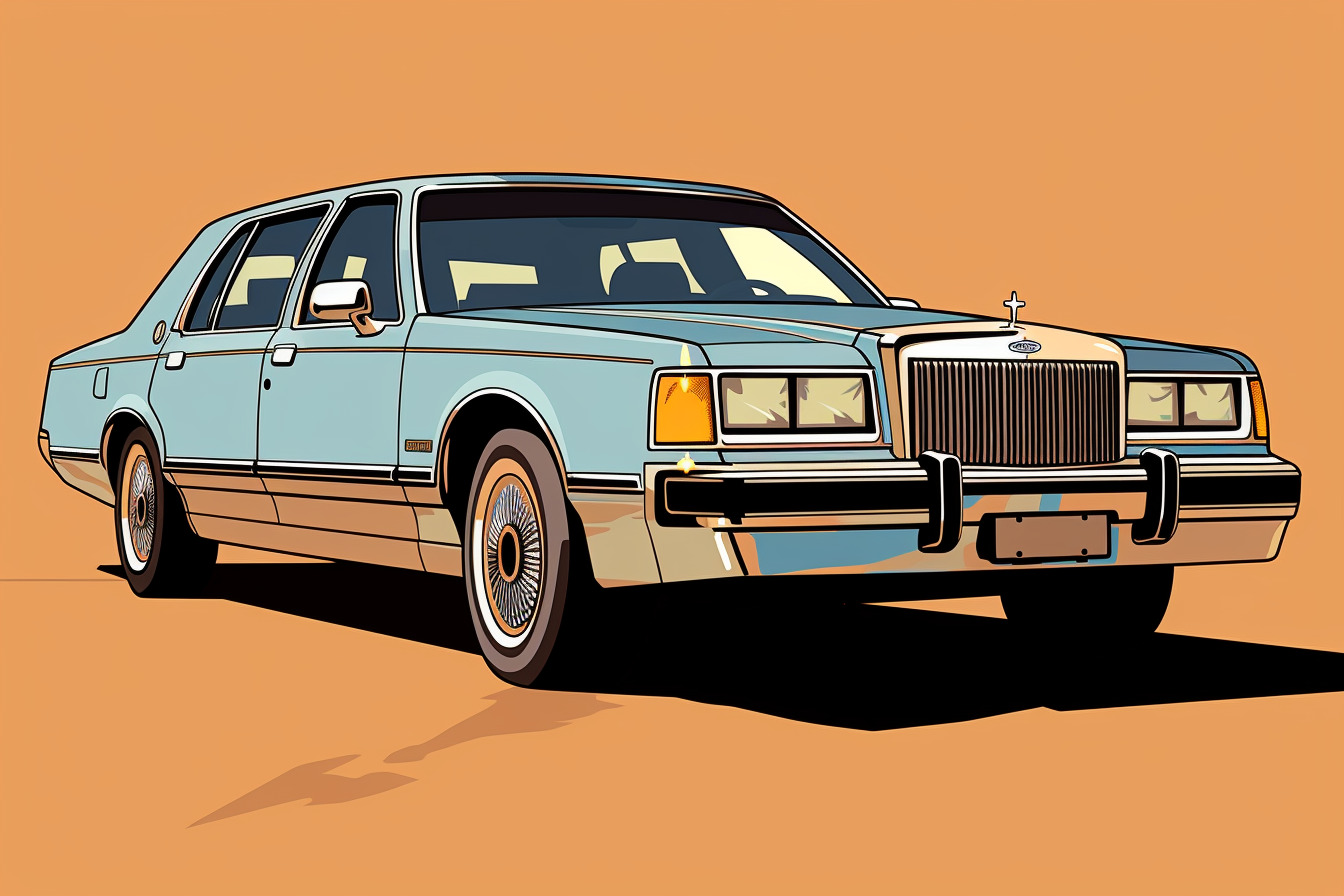
As an Amazon Associate, Modded gets commissions for purchases made through links in this post.
Imagine you get home after work and turn on the news. The first story you see is about an automaker recalling thousands of vehicles, including the one you just parked in the garage. You can’t believe the auto manufacturer you trusted would endanger you and all the other owners worldwide. Unfortunately, accidents happen in the manufacturing process and cause recalls. What are the biggest car recalls in history? These 12 stand out as the most significant.
1. General Motors Recalls 3.7 Million Cars in 1973
Let’s start in 1973. General Motors (GM) recalled 3.7 million vehicles in its fleet due to faulty stone-guard assembly. The assembly that was supposed to prevent stones from bouncing up and getting lodged in the car’s undercarriage didn’t work correctly — stones could get caught so that it prevented the car from turning to the left. Unfortunately, vehicles under the GM umbrella didn’t have the proper assembly.
Fortunately, this recall was one of the most straightforward fixes. GM retrofitted its Buick, Chevy, Oldsmobile and Pontiac cars with a bolt-on stone guard. That’s all it took to get these bad boys back on the road.
2. Tesla Recalls 4.1 Million Vehicles in 2022
Tesla is a relative newcomer to the automotive industry, debuting on the world stage in 2008. Since then, the electric vehicle (EV) producer has encountered problems and recalls. In early 2023, the California-based company announced a 360,000-vehicle recall — bringing their total since 2022 to 4.1 million. Tesla ranks second only behind Ford with the most recalls in this span.
So, what’s with the Tesla recalls? The primary problems have originated with the self-driving system. The cars will not entirely stop at stop signs like they’re supposed to, and they keep driving straight in turn-only lanes. These problems have caused doubt about autonomous vehicles and made existing cars unsafe. Tesla and the other automakers must improve these features, or you’ll never see fully autonomous cars on the road.
3. Ford Recalls 4.1 Million Cars in 1972
Can you imagine a time when seatbelts weren’t mandatory? Nowadays, most drivers fasten their seatbelts as a force of habit. You don’t even think about this in your automotive routine. If you’re curious, ask your grandparents or other seniors in the community about this phenomenon.
A half-century ago, seatbelts were less standard, making cars less safe. The government mandated seatbelts in 1959, and Ford only took a decade to find trouble with theirs. By 1972, the blue oval automaker found faulty seatbelts when its vehicles got into accidents. One problem was that the seatbelts were too short, thus making it difficult for larger individuals to use them.
Ultimately, Ford replaced all the faulty seatbelts and paid a fine. The National Highway Traffic Safety Administration (NHTSA) fined Ford $95,000 — the 21st-century equivalent of about $500,000.
4. GM Recalls 6.4 Million Cars in 1981
GM appeared on the list once, and the recalls only get larger from here. In 1981, the auto-manufacturing giant recalled over 6 million vehicles because their rear suspension bolt was faulty. Inspectors found the bolt rusted more easily than acceptable, forcing the rear control arms to drop to the ground. Rust is unsuitable for your car unless you intentionally let your rat rod truck corrode for a particular aesthetic.
Unfortunately, losing the rear suspension bolt caused cars to spin out of control. The only time you need spinning is to do burnouts after winning a NASCAR race. Twenty-seven drivers reported accidents stemming from this recall, prompting quick fixes from the automaker.
5. GM Recalls 6.7 Million Cars in 1971
GM had severe problems a decade before — this time with the motor mount. Imagine you cranked the engine while your car sits in the driveway. Your vehicle shouldn’t move until you shift gears and press the accelerator. However, GM owners found the car moved independently when the motor mount broke, causing the engine to life. The throttle became stuck open, causing the vehicle to accelerate by itself.
GM had to recall nearly 7 million vehicles, the largest automobile recall at the time. The recall affected Chevrolets specifically, with the NHTSA finding 63 accidents and 18 injuries with the cars.
6. Toyota Recalls 7.4 Million Cars in 2012
In the fall of 2012, Americans were focused on the presidential election and Toyota’s major recall. This Japanese automaker typically has safe cars. In fact, Consumer Reports ranks Toyota and Lexus as the most reliable automakers in the world. However, Toyota ran into problems with its power window switches.
Over 7 million Toyota vehicles with power windows had faulty switches that could catch fire. Cars generally work better when not on fire, so Toyota recalled millions of units worldwide.
7. Ford Recalls 7.9 Million Cars in 1996
Another Ford recall makes its way on the list from the 1996 event. Nearly 30 years ago, Ford recalled its vehicles and units from Lincoln and Mercury between 1988 and 1993. This time, the ignition switch was the culprit. The electronics in the switch were faulty, causing overheating and dashboard fires. Fires are dangerous anyway, but being this close to the driver is a significant liability.
The recall was massive, affecting nearly 8 million vehicles across three brands. However, the worst part of the recall was Ford knew about the ignition switch issue about five years before formally declaring a recall.
8. Volkswagen Recalls 8.5 Million Cars in 2016
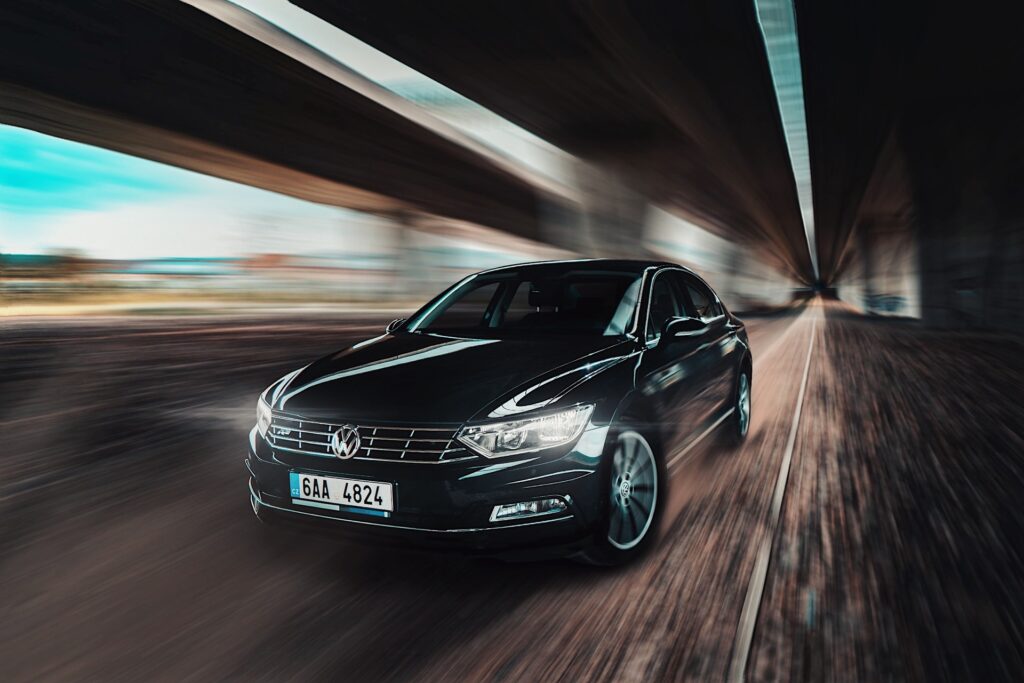
Now, we’re at one of the biggest car recalls in history because it harmed the automaker’s reputation. In the 2010s, automakers began amping emissions testing to ensure the cars followed government regulations. New laws have forced strict rules on auto manufacturers to reduce their environmental impact. However, some people thought they could get away with cheating.
In 2016, Volkswagen recalled more than 8 million vehicles because they manipulated the emissions control systems in diesel engines. These machines would pass the emissions test by providing inaccurate data. Thus, the cars emitted more than they were supposed to. To this day, gearheads still remember Volkswagen’s manipulation and how they cheated the auto industry.
9. Toyota Recalls 9 Million Cars in 2010
Toyota reappears on this list with an even bigger recall than the 2012 incident. In 2010, Americans and the rest of the world were still reeling because of the Great Recession. The last thing they needed was to hear about problems with their vehicles, but a faulty gas pedal caused significant Toyota recalls worldwide.
Toyota and Lexus initially blamed the floor mats for their vehicles accelerating out of control, only to find the gas pedal was the culprit. This event was one of the biggest car recalls in history because of the death toll. Reports indicate 89 people died, and 57 suffered injuries due to the acceleration issues.
10. Ford Recalls 17.5 Million Cars Between 1999 and 2009
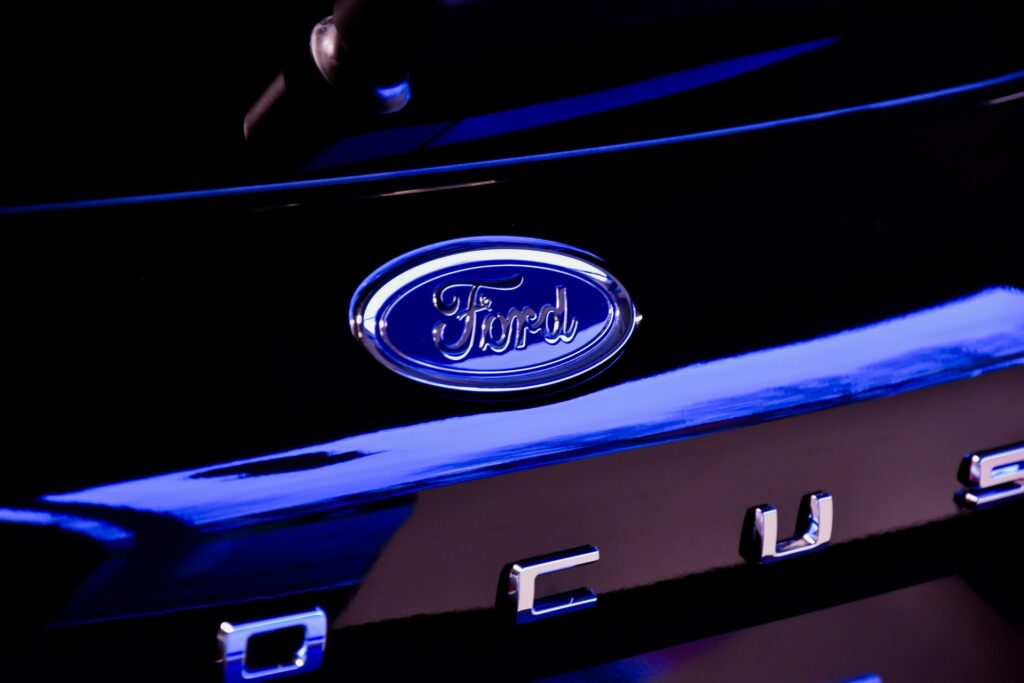
If you’re looking to save gas, one of your best options is to utilize cruise control. This system keeps your vehicle moving steadily, reducing the need to accelerate and decelerate on the highway. Therefore, your engine works effortlessly and consumes less fuel. Ford drivers took advantage of this in the late ’90s and early 2000s until a recall stopped cars in their tracks.
During this time, Ford owners started reporting their steering wheels catching fire. You’d expect a hot steering wheel in the summer heat, but not enough to create flames. Once your steering wheel catches fire, the trail could lead to other critical parts of your machine. The last thing you want is an explosion causing severe harm or even death.
11. Ford Recalls 21 Million Cars in 1980
“The Suite Life of Zack and Cody” made transmissions easier for younger audiences to remember. PRNDL stands for park, reverse, neutral, drive and low. When you put a car in park, you expect the vehicle to remain still. However, a Ford recall in 1980 occurred because cars were reversing instead of parking. This simple misunderstanding could be dangerous when in parking lots or any road.
The culprit here was a faulty transmission. The gearshift has pieces separating the park and reverse options, but the component could slip. Thus, the car thinks it’s supposed to reverse when the operator wants to park. Ford saved money on its recall costs by placing a safety label on the dashboard, warning drivers of mishaps.
12. Takata Recalls 65 Million Cars Since 2013
Now, you can see the biggest car recalls in history that are still going on. While they’re not an automotive company, the Takata Corporation made automotive parts for household names in the industry. Ford, Toyota, Nissan, BMW and other giants relied on Takata airbags because complaints said these components ruptured and injured drivers. Original reports set the recall at around 42 million vehicles, but that number has only grown in the last decade.
Cars are essential for many people’s daily commute. They’re great machines that are fun to drive until something goes wrong. Honest mistakes happen in production, and sometimes, companies try to cheat the system with shady practices. Recalls have happened since Ford’s Model T in the early 20th century, so they’re not new to society. These 12 incidents are the worst in automotive history.
The Biggest Car Recalls in History
Cars are essential for many people’s daily commute. They’re great machines that are fun to drive until something goes wrong. Honest mistakes happen in production, and sometimes companies try to cheat the system with shady practices. Recalls have happened since Ford’s Model T in the early 20th century, so they’re not new to society. These 12 incidents are the worst in automotive history.
Originally published 1/22/2018 — Updated 9/26/2023


